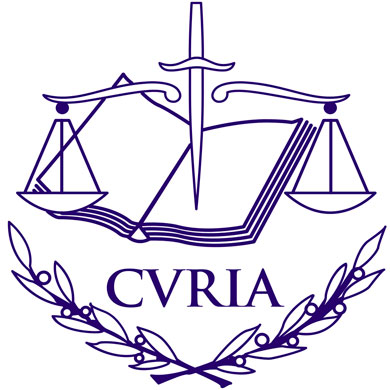- 2017/10/09
ECJ decided that actions by armed conflicts can constitute terrorists acts

On 14th of March 2017 the European Court of Justice(ECJ) issued a preliminary ruling in the case C-158/14, A and Others v Minister van Buitenlandse Zaken. The Court decided that actions by armed forces during periods of armed conflicts, within the meaning of international humanitarian law, may constitute ‘terrorist acts’.
According to the Netherlands authorities “A and Others” were involved in raising funds for the Liberation Tigers of Tamil Eelam (LTTE). LTTE was a separatist militant organization fighting for Sri Lanka’s Tamil minority liberation in northern and eastern Sri Lanka. Pursuant to European Union(EU) legislation implementing Resolution 1373 (2001) of the United Nations Security Council EU, has been listing LTTE as a terrorist organization for nearly 10 years.
“A and Others” were subjected to restrictive measures, their assets were frozen. By this act Netherlands authorities concluded that LTTE was a terrorist group. “A and Others” challenged this decision. They argued that LTTE was in fact a non-State actor engaged in a non-international armed conflict in Sri Lanka, hence it was governed by International Humanitarian Law (IHL), not by EU and international counterterrorism measures.
In its decision, the Court noticed that international humanitarian law pursues different aims from EU law. Although, some of the international conventions excludes from their scope actions by armed forces during periods of armed conflicts, however they do not prohibit states from classifying such actions as terrorist acts and undertake actions to prevent them. Consequently, the Court found that EU law and international law allow for the counterterrorism measures against persons and entitles involved in armed conflicts governed by IHL.
This judgment prevents other groups and individuals subject to EU counterterrorism measures to challenge the EU decisions on the ground that they are involved in armed conflict which is governed by different branch of law.
Although, Lithuanian threat of internal terrorism is relatively low however, national legislation contains measures relating to terrorism. Criminal code provides criminal liability not only for acts of terrorism, but also for incitement or recruitment of people for terrorism aims, financial support of terrorism, and travels to Lithuania for terrorism purposes.
EFHR



